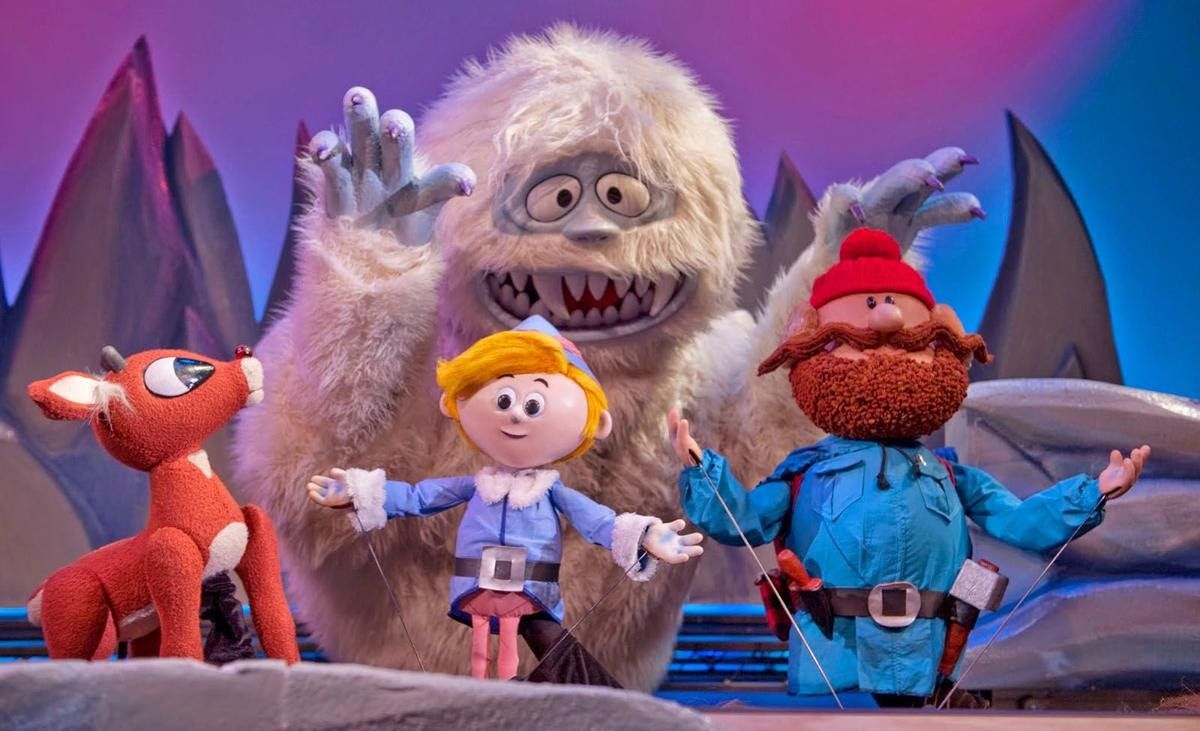Since the marketing industry is diverse and fast-paced, there are numerous trends which pop up every year as the next step into the future of marketing. Motion graphics first gained this position in 2014 but has held its position since and is often turned to as an alternative to infographics for video marketing. They gain quick attention and succeed in retaining that attention in a much better way than textual marketing strategies. If you’re completely lost with the term ‘motion graphics’, suffice to say that it is adding dimension, flow, and movement to flat, 2D graphics, and making them more interesting. Whether you acknowledge it or not, you would have seen motion graphics at some point in today’s digital world.
With a large part of all the content on the internet turning visual, it is no surprise that organizations are turning to videos as a means of gaining attention. However, the problem arises when you begin to realize that video production is an expensive and time-consuming process, and not everyone can afford to spend such huge amounts on marketing. This is where motion graphics in, because it succeeds in getting good leads by understanding audience needs, giving them what they want to see in small, easy to process chunks of information, and making the whole process fun but also very short. Motion graphics are also fairly easy to distribute and engaging. Below, we’ve listed down some of the main reasons for you to include motions graphics as a serious element of your marketing strategy.

- Although live-action videos have been an ideal way for marketing brands and products, they come with their fair share of constraints. This includes the fact that videos can be a little overwhelming, and the consumer may be awry of product placements and marketing. Moreover, with actual people and environments, the brand identity may not shine through very strongly and may be very hard to achieve. With motion graphics, these issues need not be looked into because there is more freedom to explore, experiment, and make content that is completely in sync with the brand and its identity. Everything from the colours to the flow and style of the graphics can be controlled and can use the specific details that need to be associated with the brand. Intelligent graphics can lead to powerful impacts and can see a boost in conversion rates.
- Statistically, viewers are more likely to watch motion graphics than any other form of video. This is partly because motion graphics are almost always visually appealing and interesting, and because videos are becoming an overused medium which the audience has become accustomed to. If you have a message to convey, motion graphics stand a higher chance of reaching larger audiences. Moreover, the formats of these graphics allow for easy sharing, viewing, and storage.
- Motion graphics are decidedly cheaper to produce than many other forms of marketing content. While static 2D graphics may feel like the more affordable option, conversion rates are decidedly greater for video content. Hence, it makes sense to incorporate motion graphics into mainstream marketing strategies, even if this means hiring new people to focus specifically on this element. Moreover, the cost of production of these videos is much less since there is less equipment that is involved. In combination with animation, and sound, they are capable of creating content that is both attention-grabbing and unique.

If you’re unsure about how to get started with motion graphics, merely talking to your graphics and marketing teams about it can be a good way to start. The chances are that they will have some insight into the best approach, and the right person for the job. If nothing else, they can at least get started on learning the basics themselves or hiring someone who does. Until next time, good luck!
